Esco는 20개 이상의 국제인증에서 제시하는 방법에 따라 테스트를 수행하고 있습니다. 가장 보편적인 국제인증은 다음과 같습니다: EN12469, NSF49, IEST RP. An NSF-Accredited Biological Cabinet Field Certifier is available in-house full-time to supervise all testing work.
모든 Esco's laminar flow cabinets은 Australian Standard AS1396.5에 따른 테스트를 통과하였습니다. 2004년 8월, EN12469:200에 따른 미생물 테스트를 수행함으로써 이에 대한 인증을 획득한 laminar flow cabinet 제조업체로서 인정받았습니다.
Esco Labculture® Class II Type A2 Biological Safety Cabinets, 생물안전작업대는 NSF49 국제인증을 획득한 제품이며, 독립적으로 EN12469 에 따라 테스트되었습니다. 본 제품은 미국과 캐나다의 필요요건에 따름으로서 UL-listed되었습니다. Esco 생물안전작업대는 외산 제품으로서는 유일하게 엄격한 일본국제인증 JIS K 3800을 획득하였습니다.
Esco's Airstream® Class II Biological Safety cabinets는 NSF49와 EN12469 국제인증을 획득한 우수한 제품입니다.
NSF/ANSI 49
The first phase of the program was the development of NSF/ANSI Standard 49 for the evaluation of Class II laminar flow biological safety cabinets. The standard was completed in 1976, followed by the implementation of a testing and certification program to that standard, titled the Biological Safety Cabinetry Certification Program.
The third and final stage was completed in 1993, titled the Biological Safety Cabinet Field Certifier Accreditation Program.
NSF Certification program is accredited by the American National Standards Institute (ANSI) and the Standards Council of Canada (SCC), and is recognized as the leader in the certification of Class II Biological Safety Cabinets throughout the USA and Canada.
More on NSF International: www.nsf.org | Esco's listing on the NSF website
UL Standard
More on UL: www.ul.com | Esco's UL-listing for US | Esco's UL-listing for Canada
Japan Industrial Standard (JIS) K3800
Australian Standard 2252
CFDA YY 0569








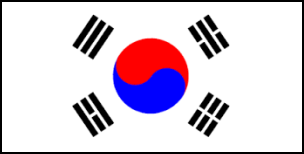 Korea
Korea







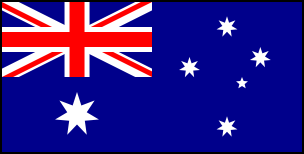 Australia
Australia China
China Europe
Europe France
France Germany
Germany Indonesia
Indonesia Italy
Italy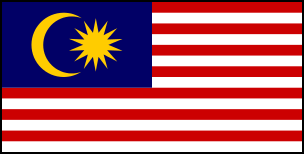 Malaysia
Malaysia Myanmar
Myanmar North America
North America Pakistan
Pakistan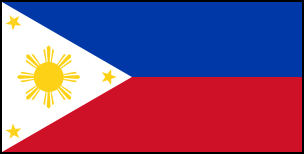 Philippines
Philippines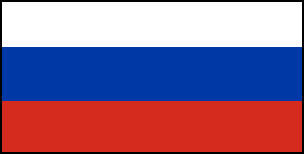 Russia
Russia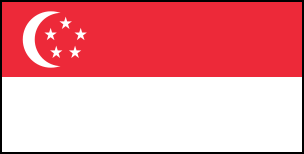 Singapore
Singapore South Africa
South Africa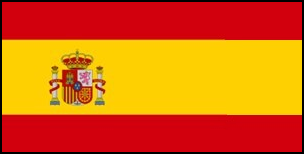 Spain
Spain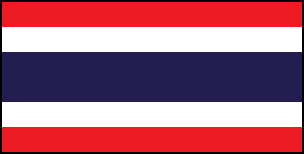 Thailand
Thailand UK
UK Vietnam
Vietnam